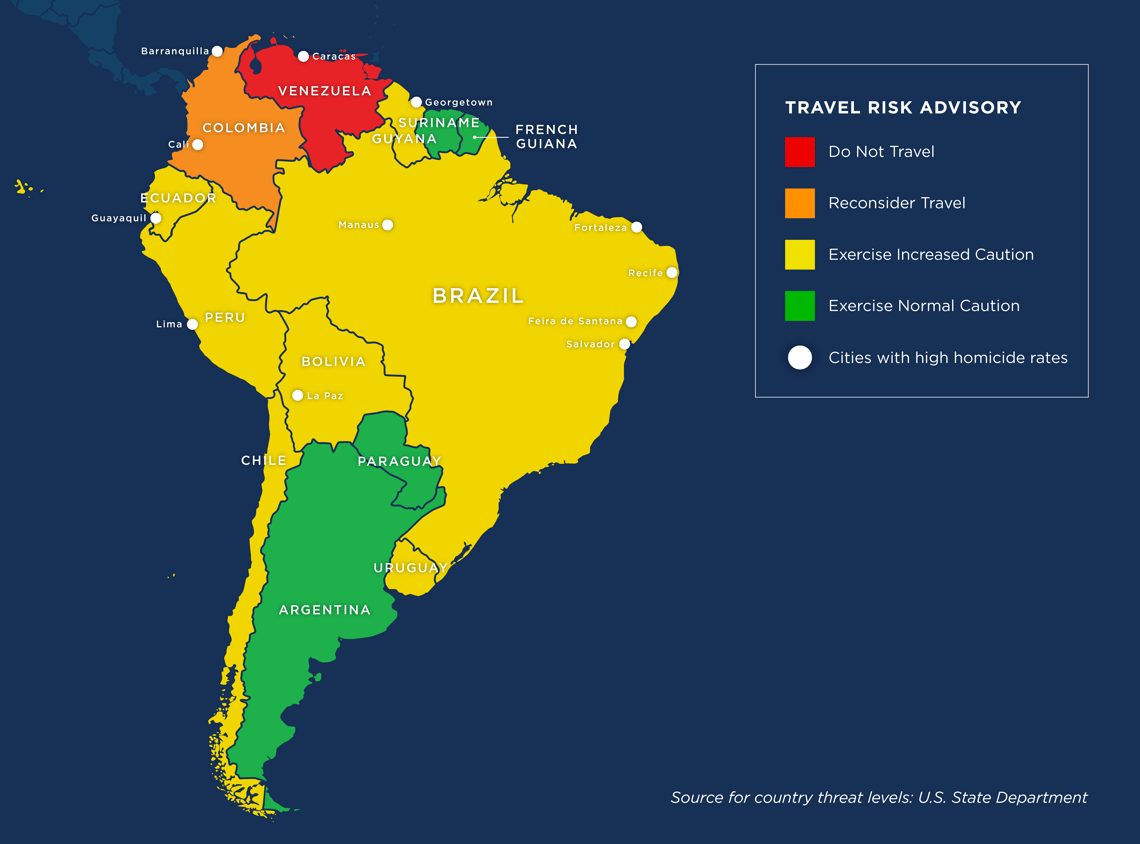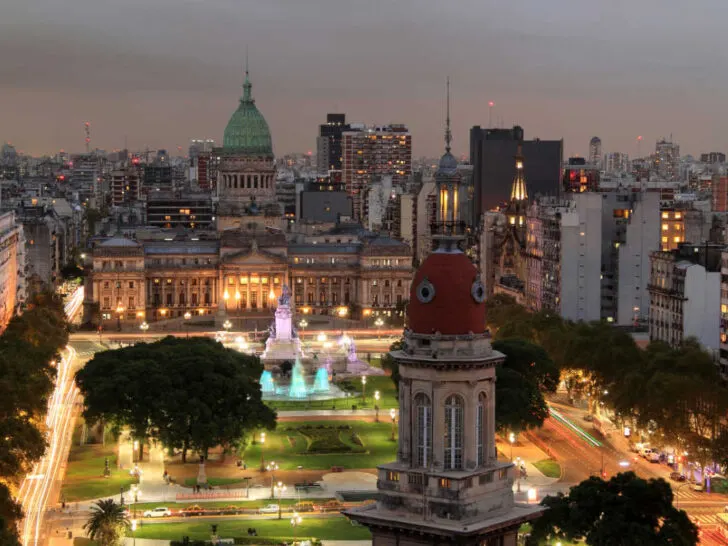
Argentina has long been seen as a country with vast potential for prosperity. With abundant natural resources, a well-educated population, and a diverse economy, many believed that Argentina had all the ingredients for success. However, despite these advantages, Argentina has faced significant economic challenges in recent years that have led some to question whether it is truly a rich or poor country.
One of the key factors contributing to Argentina's economic woes is its history of political instability and corruption. The country has experienced numerous economic crises over the years, often as a result of poor government policies and mismanagement. This has created significant barriers to economic growth and has hindered Argentina's ability to fully capitalize on its potential.
Another factor that has contributed to Argentina's economic struggles is its high levels of income inequality. While the country has a relatively high GDP per capita compared to many other countries in the region, this wealth is not evenly distributed. In fact, according to the World Bank, as of 2019, more than a quarter of the population in Argentina lived below the poverty line.
In addition to these challenges, Argentina has also struggled with high levels of inflation and debt. The country's economy has been plagued by hyperinflation at various points in its history, leading to a loss of confidence in the currency and a decrease in purchasing power for Argentine citizens. Furthermore, Argentina has accumulated a significant amount of debt, which has further constrained its ability to invest in infrastructure, education, and other areas that are crucial for long-term economic growth.
Despite these economic challenges, Argentina still has the potential to become a more prosperous country in the future. The country's rich natural resources, well-educated workforce, and diverse economy provide a solid foundation for growth. However, in order to realize this potential, Argentina will need to address its history of political instability and corruption, reduce income inequality, and implement sound economic policies that promote sustainable growth.
In conclusion, Argentina is a country with vast potential, but it has struggled to fully capitalize on its advantages due to a combination of political instability, income inequality, inflation, and debt. By addressing these challenges and implementing reforms that promote economic stability and growth, Argentina has the potential to become a more prosperous country in the future.





